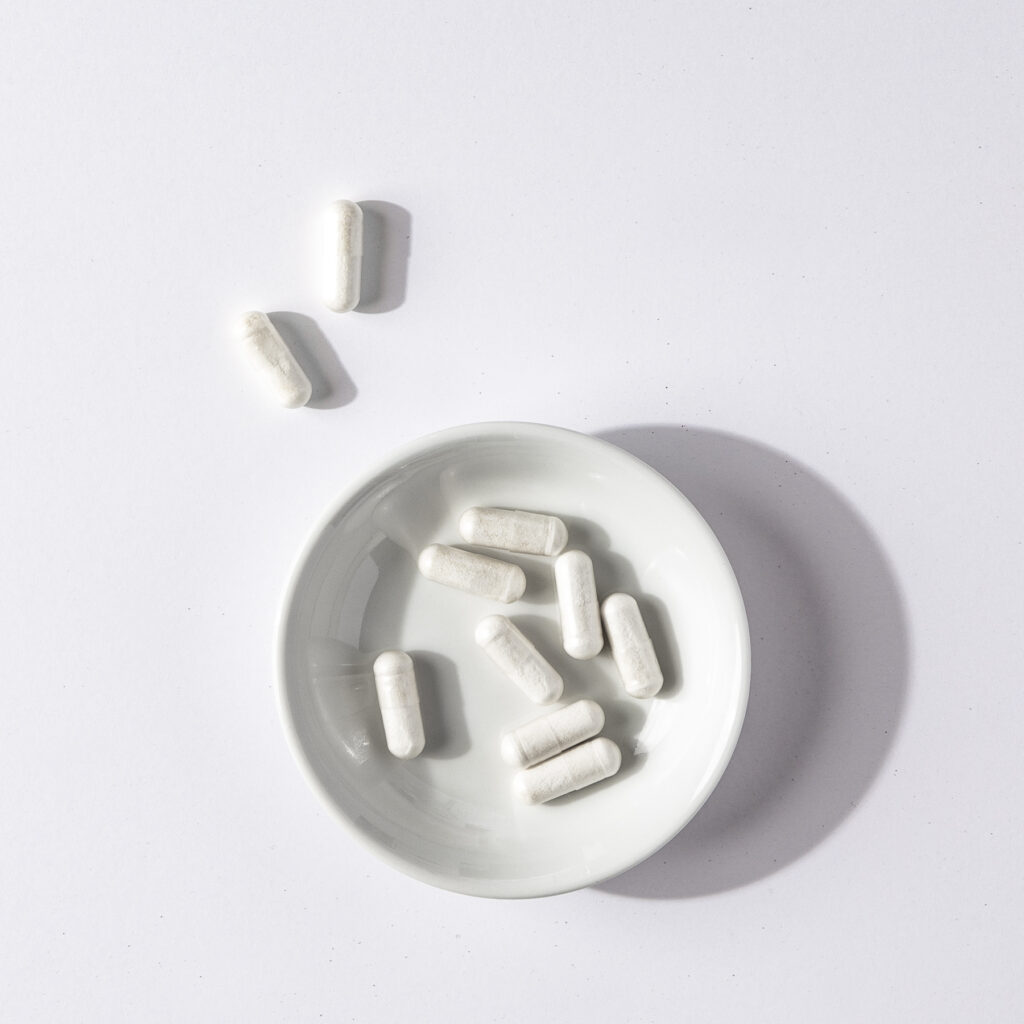
Understanding CoQ10 and Its Importance for Fertility
Coenzyme Q10 (CoQ10) is a naturally occurring antioxidant within the body. It plays a pivotal role in cellular energy production and fights oxidative stress which can negative impact fertility. As we age, the body’s production of CoQ10 diminishes, potentially impairing the quality of sperm and eggs. This connection between CoQ10 and fertility offers a ray of hope for couples facing challenges in conceiving.
The Dual Forms of CoQ10: Ubiquinone and Ubiquinol
CoQ10 is critical for scavenging free radicals and supporting the body’s defense against oxidative damage. CoQ10 exists in two forms: ubiquinone, its oxidized state, and ubiquinol, the reduced, active form. Ubiquinol, known for its superior bioavailability, plays a crucial role in enhancing fertility.
The Impact of Ubiquinol on Egg and Sperm Quality
Research suggests that ubiquinol not only enhances the quality of eggs but also improves fertilization, marking it a beneficial supplement for women TTC. For men, studies suggest CoQ10 can lead to improvements in sperm motility and morphology, essential factors for successful fertilization. Apart from improving the fundamental aspects of reproductive cells, ubiquinol has shown promise in enhancing overall ovarian response and preserving fertility, especially among women undergoing treatments like chemotherapy that pose a risk to ovarian health.
A Great CoQ10 Option: Nest Egg Ubiquinol CoQ10
Honestly I have had trouble finding a great CoQ10 option that my patients will consistently take. Many require dosing three times a day with food, which is just not practical. Others are expensive but arrive stuck together in a giant clump. That’s why I started The Ladybird Company: to provide high quality products in bespoke and thoughtful packaging. If you are interested, you can check out Nest Egg Ubiquinol CoQ10 here:
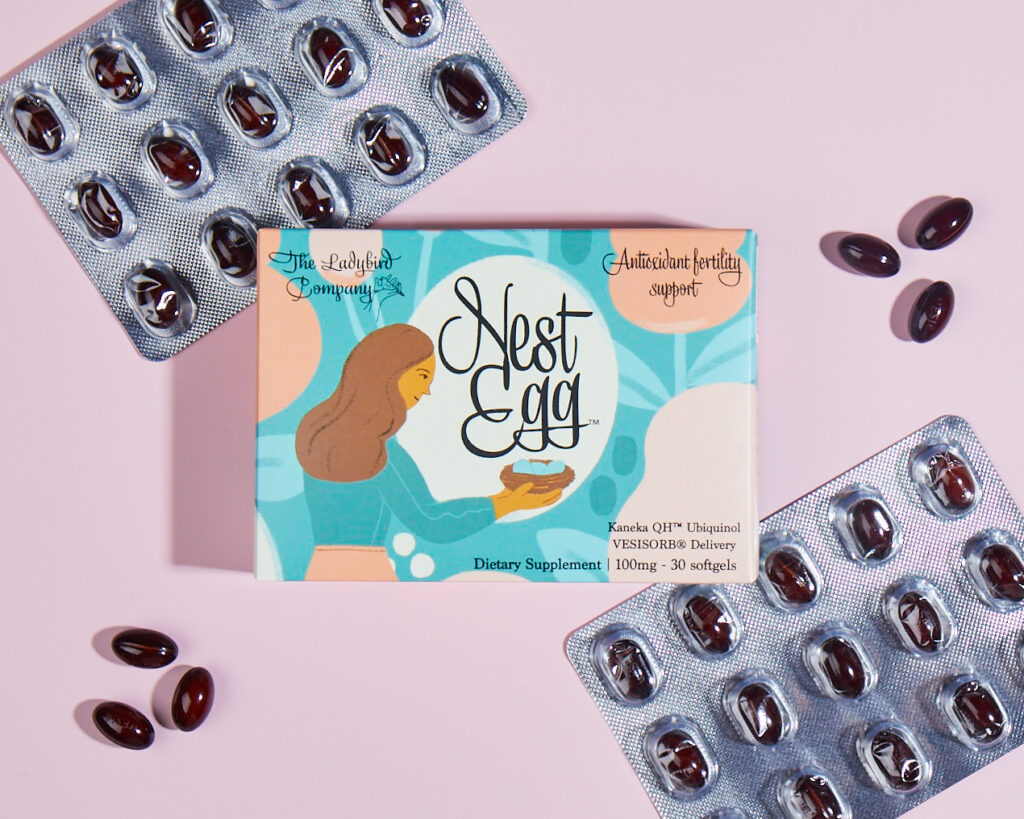
Current Research and Perspectives on CoQ10 for Fertility
The existing body of research, while promising, underscores the need for further studies to conclusively determine the full extent of CoQ10’s benefits. Nonetheless, given its broad spectrum of health benefits and potential to improve reproductive health, CoQ10 supplementation is considered a valuable addition to fertility treatments.
Conclusion: Navigating the Path to Parenthood with CoQ10
While more research is essential to fully understand the impact of CoQ10 on fertility, the antioxidant’s ability to enhance egg and sperm quality presents a beacon of hope for couples facing fertility challenges. By incorporating CoQ10 into their wellness regimen, individuals may improve their chances of conceiving, moving one step closer to achieving their dreams of parenthood. Always consult with a healthcare professional before beginning any new supplement regimen to ensure it aligns with your specific health and fertility objectives.

Dr. Natalie Stentz emphasizes the importance of informed decisions and personalized care in the journey toward conception. Embracing small, healthful changes can pave the way for significant impacts on fertility and overall well-being.


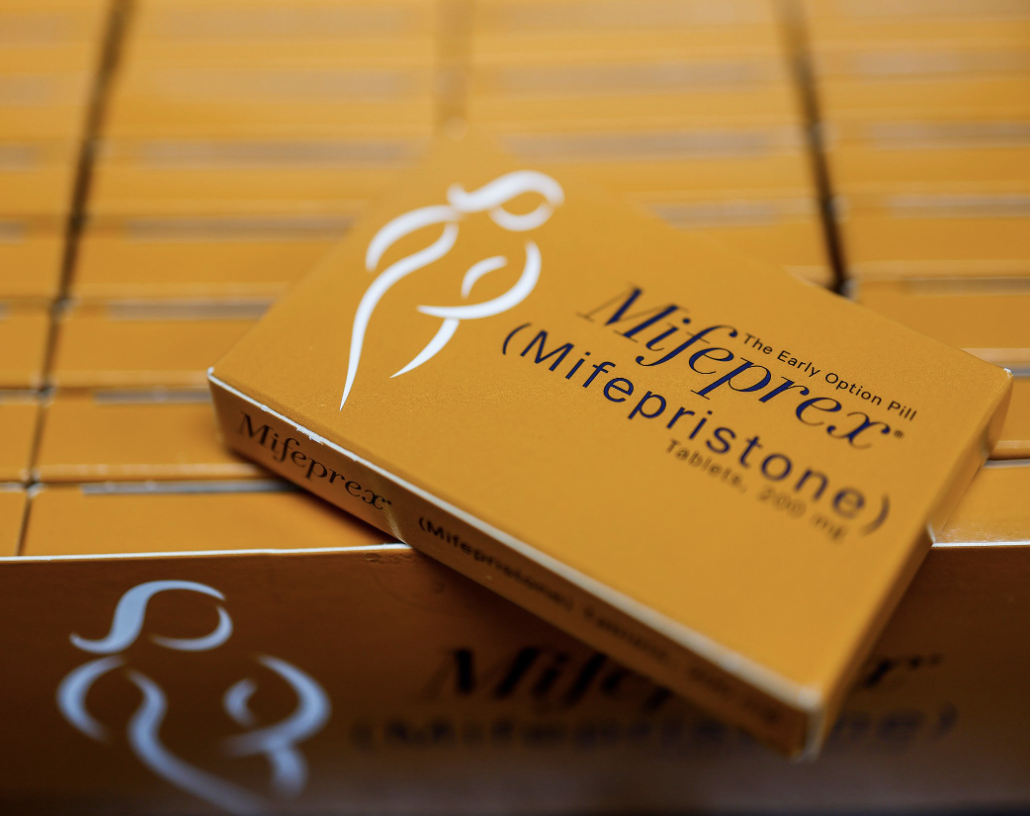
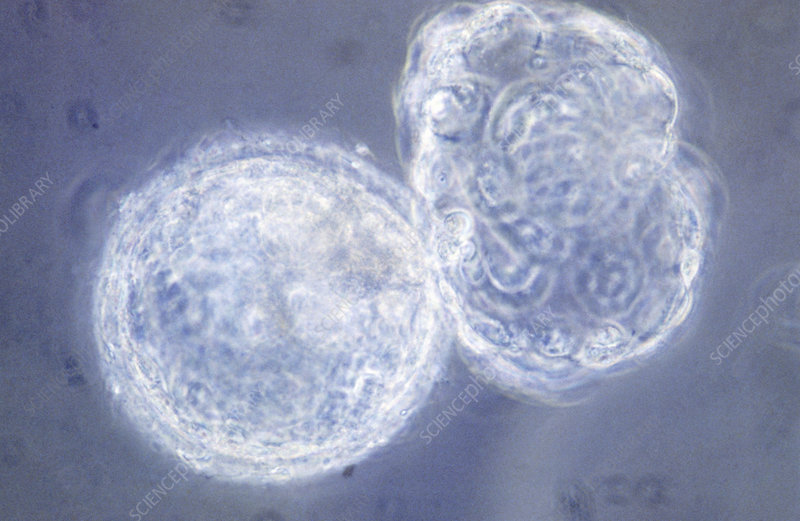
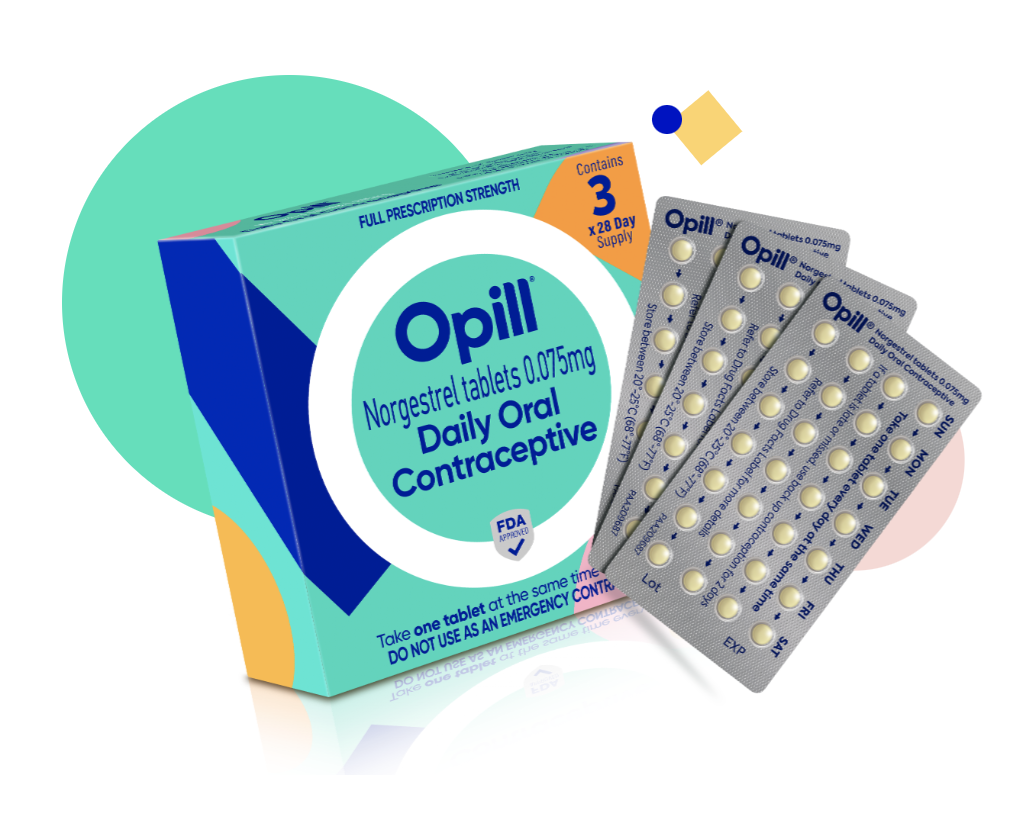

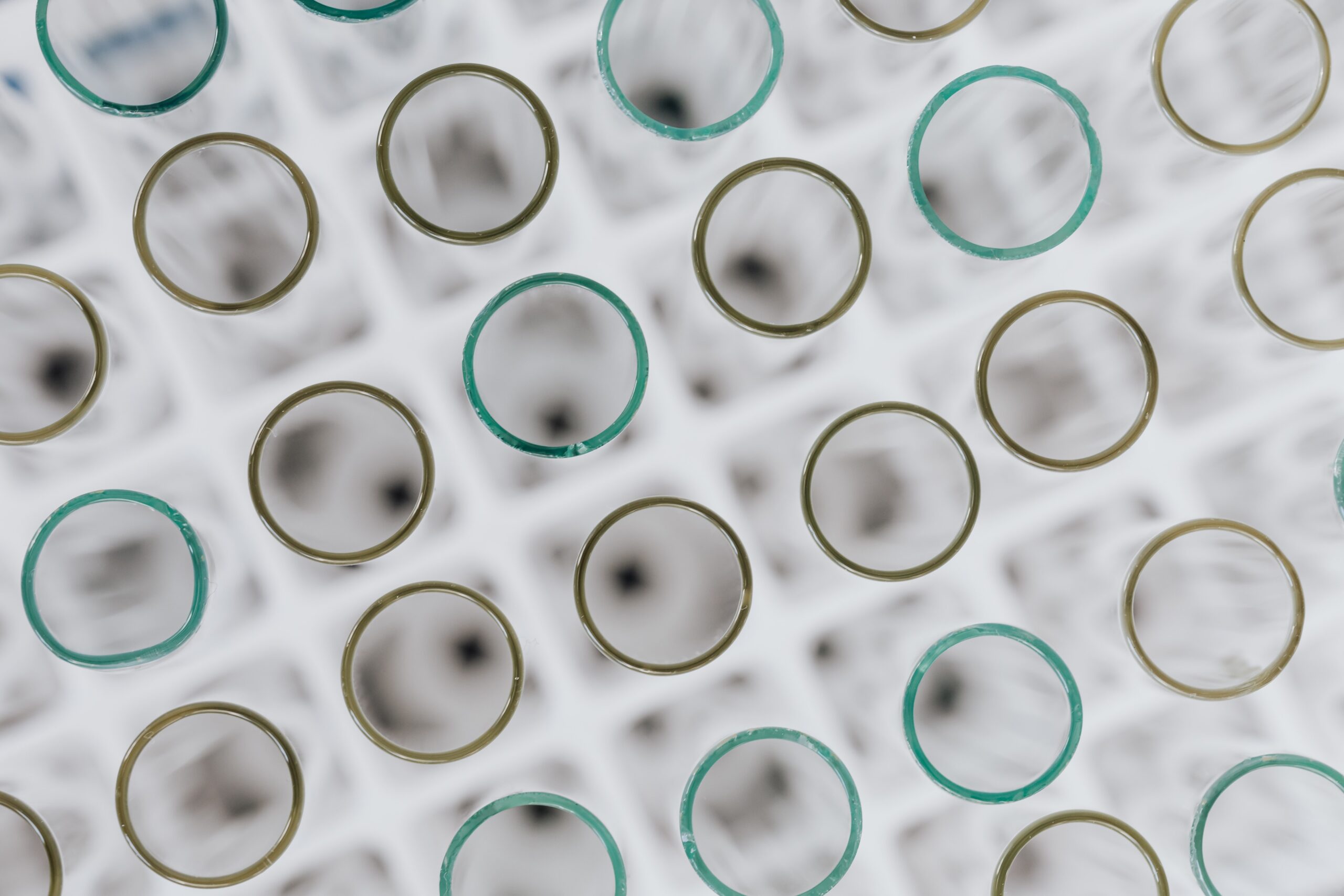
Read the Comments +